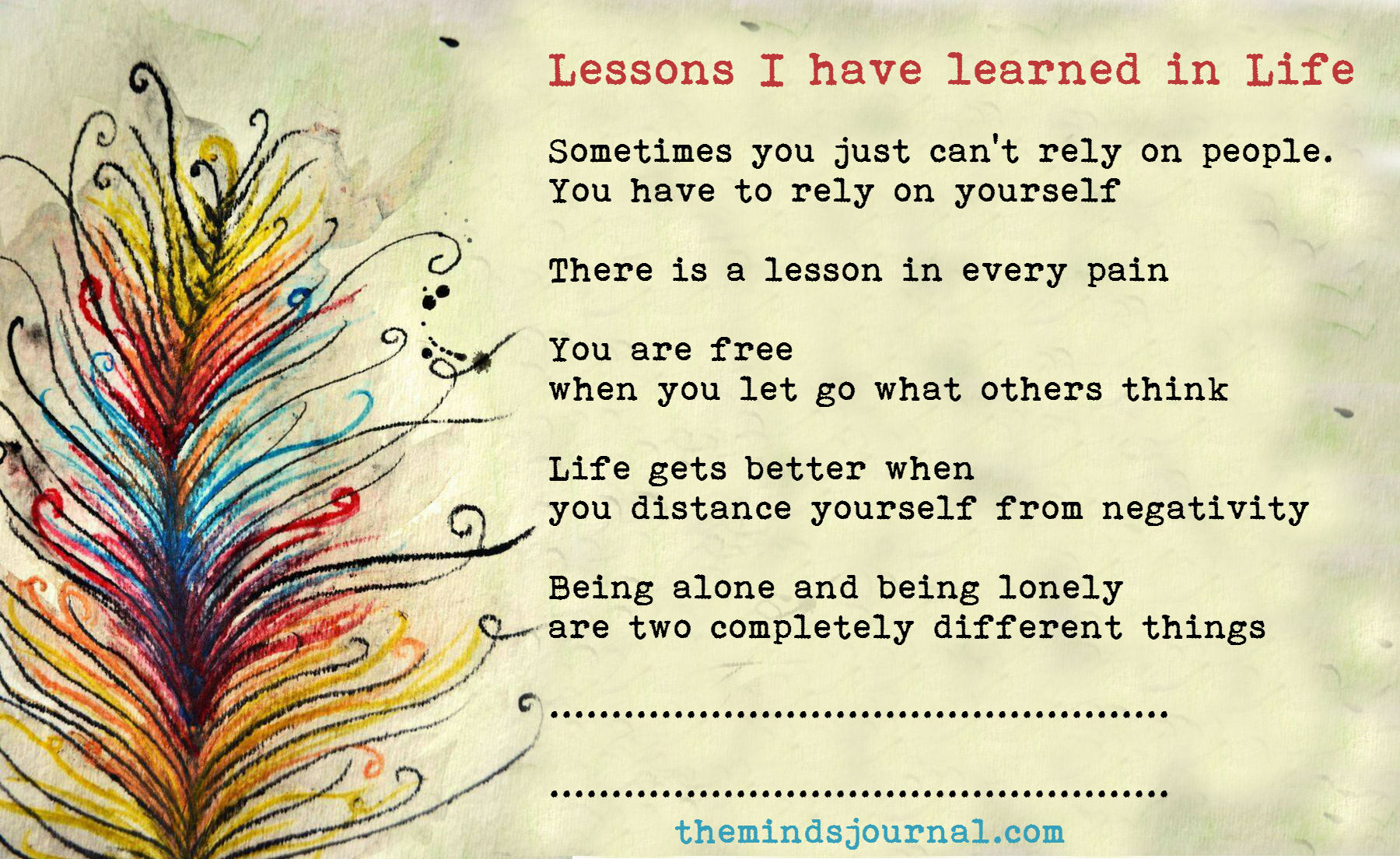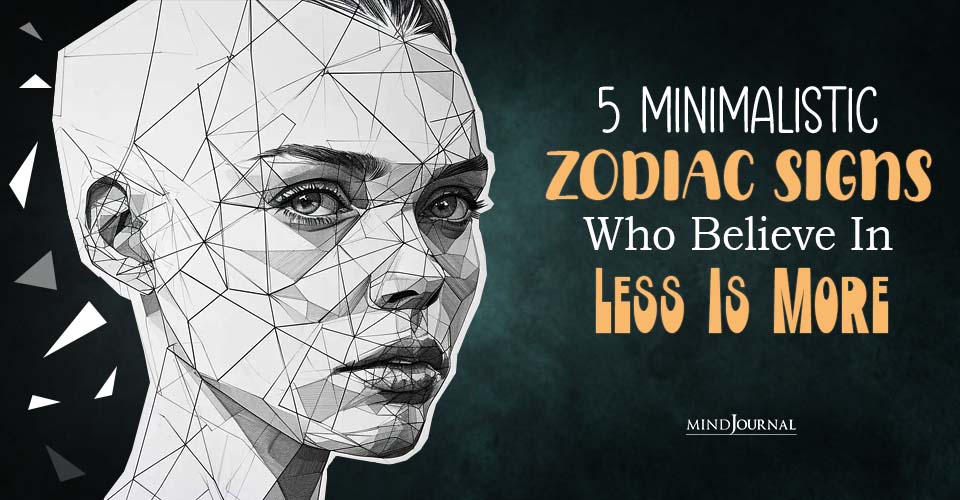Meta-Emotion: We all have an emotional history which comes from our upbringing and the emotional climate in that home. Some grew up in an “emotion coaching” home where feelings were encouraged and validated, where it was okay to cry and be sad, and where it was okay to be angry.
Others grew up in an “emotion dismissing” home where feelings were discouraged. These kids are told “don’t be sad” or “you’ll get over it” or “boys don’t cry.” This emotional climate makes it difficult for people to connect with their own emotions as adults, and makes it difficult to validate emotions in others.
One thing that can create major problems in a relationship is a meta-emotion mismatch between partners. Meta-emotions are how you feel about your feelings.
Meta-Emotion Mismatch Leads to Misunderstandings
When someone from an emotion coaching background falls in love with someone who is emotionally dismissing, it can wreak havoc on their relationship. To the emotion dismisser, feelings may seem out of control or that they’re being leveraged to “get your way.” The world of emotion might feel scary and foreign to that person, causing them to shut down, while the emotion coach is at ease and confident when discussing them.
Read How Unexpressed Feelings Can Ruin Your Relationship? 5 Ways to Deal With Them
Someone who is comfortable with emotion will be able to support and validate their partner’s feelings, while also freely expressing their own sadness, fear, disappointment, and joy.
The Art of Intimate Conversation
Emily Nagoski has a wonderful way of describing the process of emotional expression. In her book Come As You Are, she compares processing emotions to going through a tunnel. It may be dark and scary at times, but processing the negative emotions will help you to get through it and see the light again. To someone who is emotion dismissing, that tunnel can feel more like a dark alley with garbage and rats, which they want to avoid at all costs.
As Dr. John Gottman explains in What Makes Love Last?, “If you can’t get beyond the belief that negative emotions are a waste of time and even dangerous, you will not be able to attune your partner enough to succeed”
What he means by “attune” is increasing your understanding of your partner and expressing acceptance and support. Dr. Gottman provides an easy path to attunement called the art of intimate conversation.
- The intimate conversation has the following steps:
- Put your feelings into words
- Ask open-ended questions
- Follow up with statements that deepen connection
- Express compassion and empathy
The same process that is described in What Makes Love Last? is now available as a booklet from the Gottman store. It is called How to be a Great Listener.
Read 6 Ways You Can Have Deeper and more Intimate Conversations
Understanding Your Emotional History
It is important to explore the emotional history behind how you feel about feelings. In What Makes Love Last?, Dr. Gottman describes a couple with a meta-emotion mismatch. Angel comes from a very emotive family that encourages emotional processing and expression, but George comes from a family that is taciturn, and anything less than cheerfulness puts him on edge.
As a result of his upbringing, George doesn’t empathize and validate Angel’s emotions, and instead jumps right to problem solving. This is an attempt to “rescue” her from the negative emotions that are scary and uncomfortable to him. However, doing so only makes her feel worse. George would be wise to follow Dr. Gottman’s rule: understanding and empathy must precede advice.
Whether you are single or in a relationship, it is important to decipher what your meta-emotion style is. Dr. Gottman shares an exercise in The Relationship Cure that will help you do this. Get your free copy of the exercise to here.
By Stacy Hubbard, LMFT
This article was originally published on The Gottman Relationship Blog.










Leave a Reply